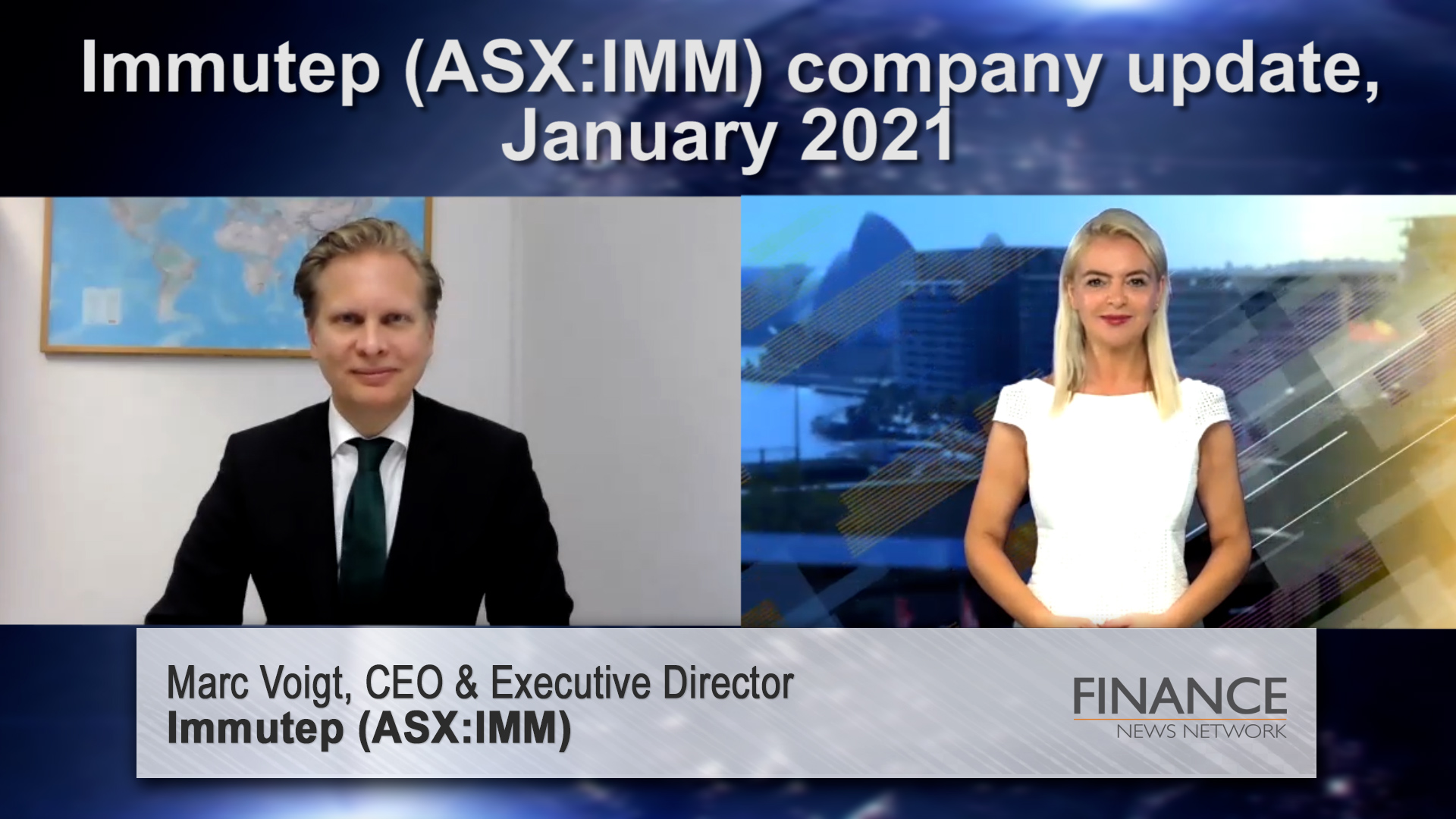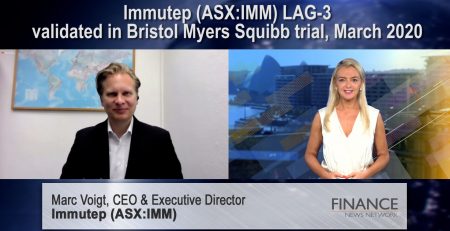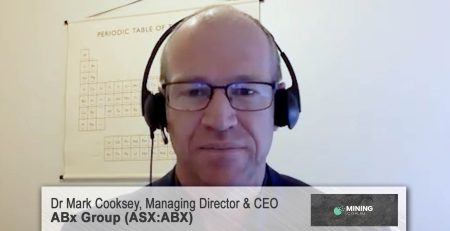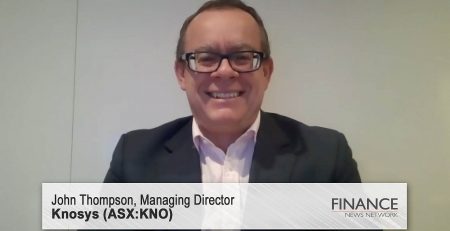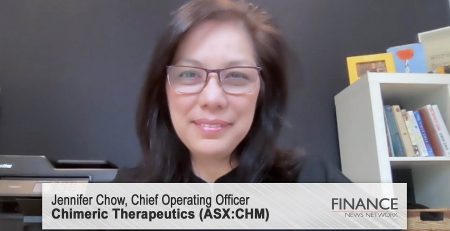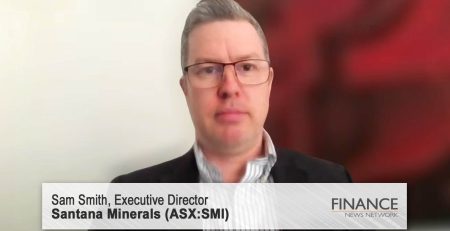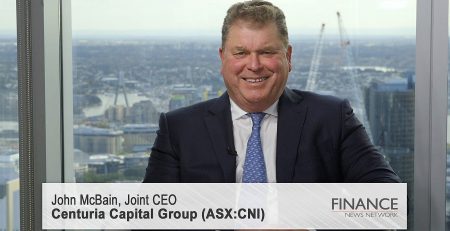Immutep (ASX:IMM) company update on start of 2021
Immutep Limited (ASX:IMM) CEO and Executive Director Marc Voigt analyses December's breast cancer data, and provides an update on efti's position and outlook.
Rachael Jones: Hello, I'm Rachael Jones for the Finance News Network, joining me from Immutep is Executive Director and CEO, Marc Voigt. Marc, welcome back to FNN.
Marc Voigt: Thank you for having me.
Rachael Jones: Now, can you briefly describe what Immutep is doing just in case someone listens in who is new to the story?
Marc Voigt: Of course, Immutep is a biotech company, we are active in immuno-oncology as well as in autoimmune diseases. We are globally leading in terms of a specific immune checkpoint called LAG-3 and indeed the most promising immune checkpoint beyond PD-1 and CTLA-4, where you have a multi-billion dollar blockbuster drugs approved. We are operationally active in Australia, in Europe, as well as in the United States. We are dually listed on the ASX as well as on NASDAQ Global Marcets.
Rachael Jones: Now in December Immutep has been reporting data in breast cancer. Can you explain those results for us please?
Marc Voigt: Yes. Those results are indeed pretty significant for us and I believe also for the field. We presented at the San Antonio Breast Cancer Conference, which is one of the top ranking breast cancer conferences globally. Data from our AIPAC studies or clinical trial, which tests eftilagimod, our leading product candidate together with the standard of care chemotherapy, PAClitaxel in a controlled double-blind setting. Meaning that neither the patient nor the doctor knows what the patient is getting either PAClitaxel plus placebo or PAClitaxel plus eftilagimod. We reported for the first time overall survivor data, obviously very, very relevant. And in that data set, we saw overall an improvement for the patients receiving eftilagimod and in pre-defined subgroups, even though interim results already statistically significant, for instance, in patients below 65 years, the clinically meaningful median overall survival benefit of more than seven months. And again, statistically significant was a very good hazard ratio.
And in patients with a lower immune status, so-called low monocyte count even more than nine months median overall survival benefit statistically significant, the hazard ratio there of 0.47, meaning that the risk of dying and this is what overall survival is all about is reduced by 53% in patients in that study receiving eftilagimod. So that was very, very important. And maybe even more important, we can actually link those results to the mode of action of eftilagimod. It's an immune booster if you like, so we trigger the antigen presenting cells and then lead via the physiological way to more CDA T-cells, CD4 and the NK-cells. So important immune cells which are fighting cancer. And indeed we saw in the eftilagimod statistically significant, over time increase of cytotoxic CD8 T-cells and we we're be able to link those increases to an improvement in overall survival. So we saw the proof of concept, proof of principle, and it was a very first time in a so-called antigen presenting cell activator has been showing in a double-blind randomized fashion, meaningful results in terms of overall survival.
Rachael Jones: Absolutely. So how is efti now positioned and where could it be in a year from now?
Marc Voigt: So eftilagimod saw a lot of data in the last year in the anti-PD-1 combination in a trial we do together with Merck for instance, or another one with Pfizer and then the data of course in December. So right now eftilagimod is positioned we believed as the first-in-class antigen presenting cell activator, so a new class of immuno-oncology products. I believe we are leading there. We are now engaging in terms of regulatory discussions, and we also announced that we will do additional clinical trials and then large existing clinical trials. So in a year from now, we could be in a very different position. We will see a lot of data in between we should have maybe the prerequisites from a regulatory point of view to move ahead also to learn about potential phase three studies. So yeah, could be significantly different compared to today's status.
Rachael Jones: And Marc in general, how has the start been in 2021 so far?
Marc Voigt: We had a busy start and we continue to be busy and there is different aspects. So we have, for instance, completed the recruitment in second-line head and neck cancer of the trial we do together with Merck. So TACTI-002 or keynote 798. And we have been also very busy in terms of hiring new staff, so we are actually hiring. We entered the year in excellent financial conditions, so stronger financial position than we ever had since we deal with LAG-3. So close to 55 million Australian dollars cash on bank, disclosed in our last 4C. There has been setback and in the GSK program so a clinical trial has been discontinued in ulcerative colitis, but this could happen, especially as this drug is a potential game changer in the way you treat autoimmune diseases.
So you have a variety of different autoimmune indications to choose from, the phase one in psoriasis was successful but the ulcerative colitis phase two, unfortunately not. But I don't believe that this is, in the great scheme of things, a big setback even though, of course it's not good for the patients. In all other respects, we have been moving forward, also our partner in China for eftilagimod, you'll see they initiated a new clinical trial in metastatic breast cancer, double blind, randomized following our success with AIPAC.
Rachael Jones: And Marc, what are the next potential catalysts and events?
Marc Voigt: So we should have a busy year, a number of catalysts and events are coming so we are on the one hand side, prioritize the regulatory interactions. So we will discuss with FDA and EMA. Also we will see of course, more data and final data for instance, in AIPAC regarding overall survivor in the study we do together with Merck, from the Pfizer study. Also our pre-clinical product candidate IMP761 should move ahead. Let's see, maybe we are in a position to publish some more data there and then we will remain very active in business development and all other aspects. And also there might be a change coming for the LAG-3 spaces as such from Bristol Myers Squibb, they are working on anti-LAG-3. So not a competition for eftilagimod but for our worldwide exclusive partner, Novartis. They licensed such a program Anti-LAG-3 program from us years ago and they report BMS on a phase three clinical trial, which may lead to LAG-3 being the next fully validated checkpoint after PD-1 and CTLA-4. So should be very busy. We hope for good outcomes. We will work hard for that and we'll try to deliver.
Rachael Jones: Marc Voigt, thanks so much for the update and best of luck for what seems to be a very busy year ahead.
Marc Voigt: Thank you so much.
Ends
Copyright 2021 – Finance News Network
Source: Finance News Network

